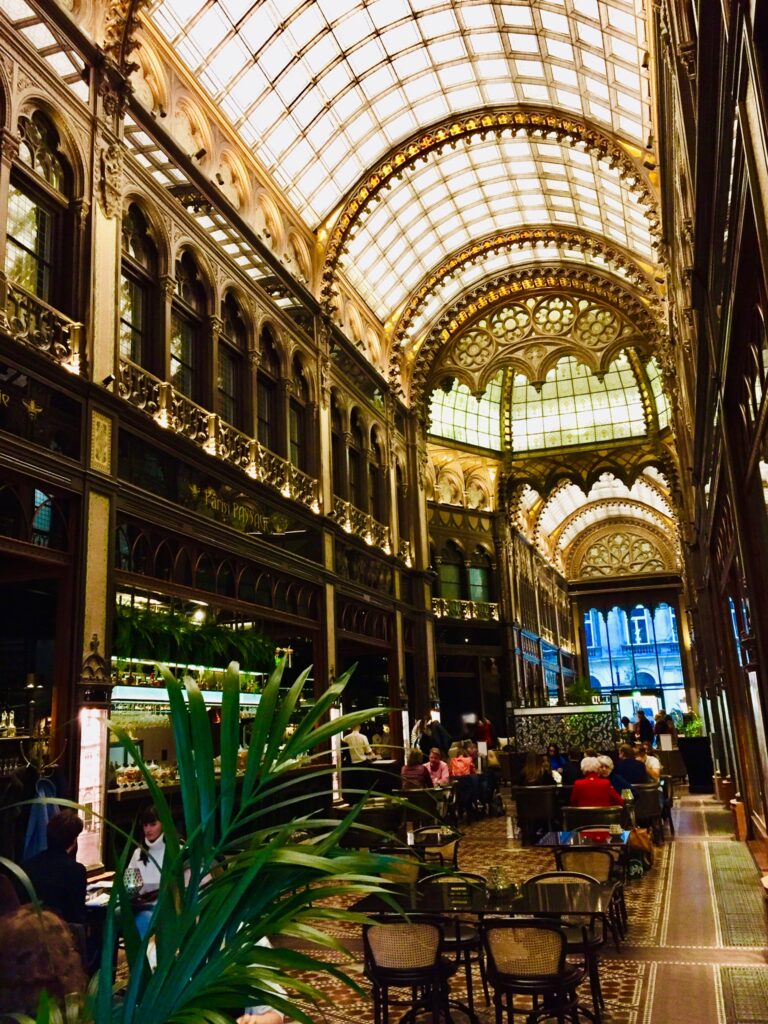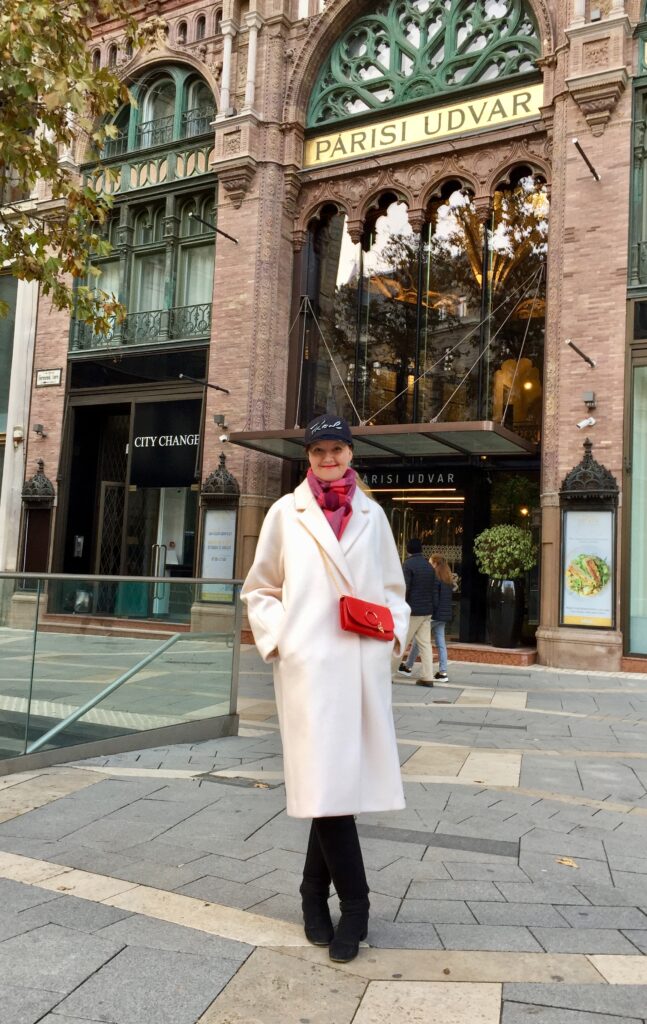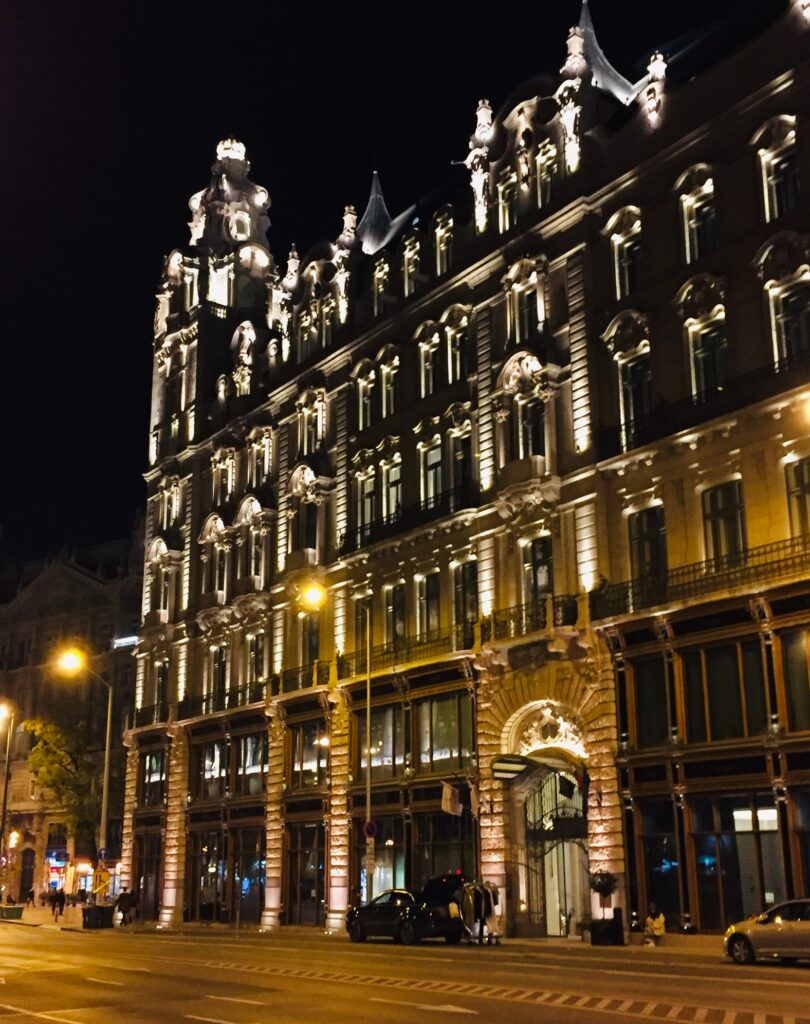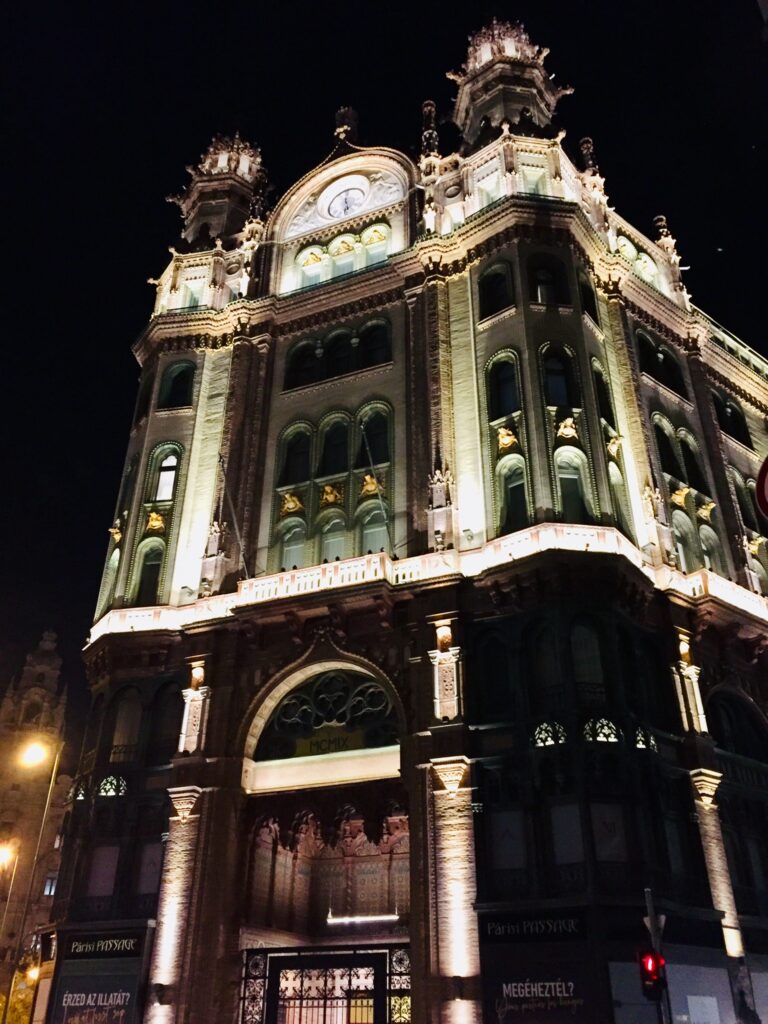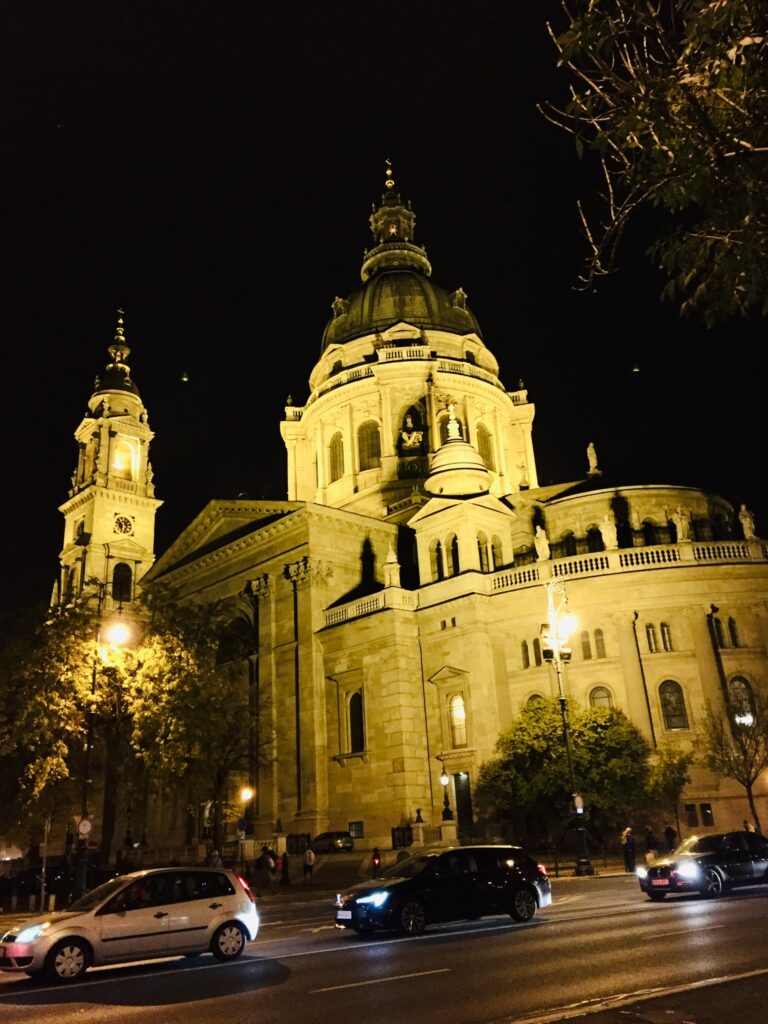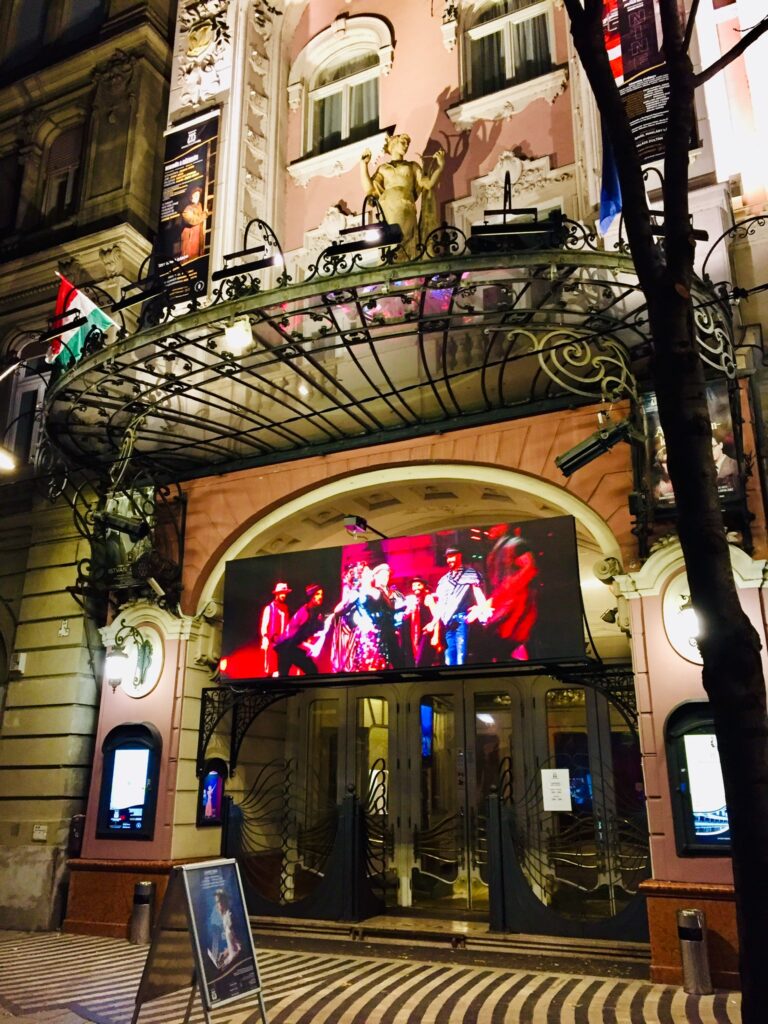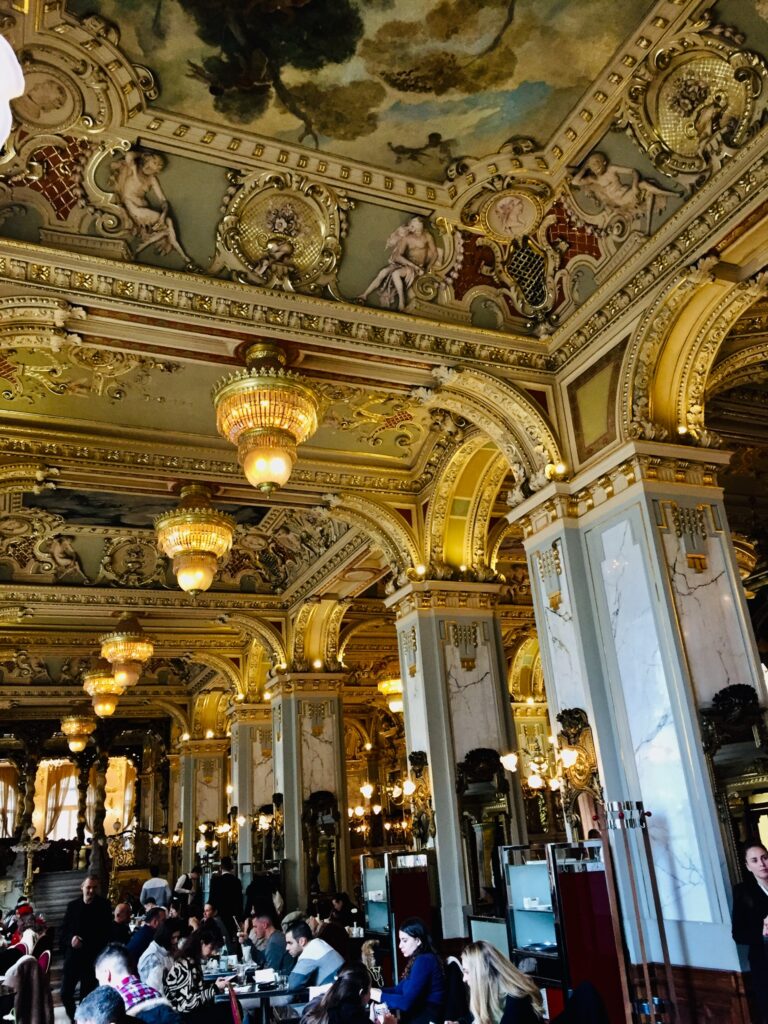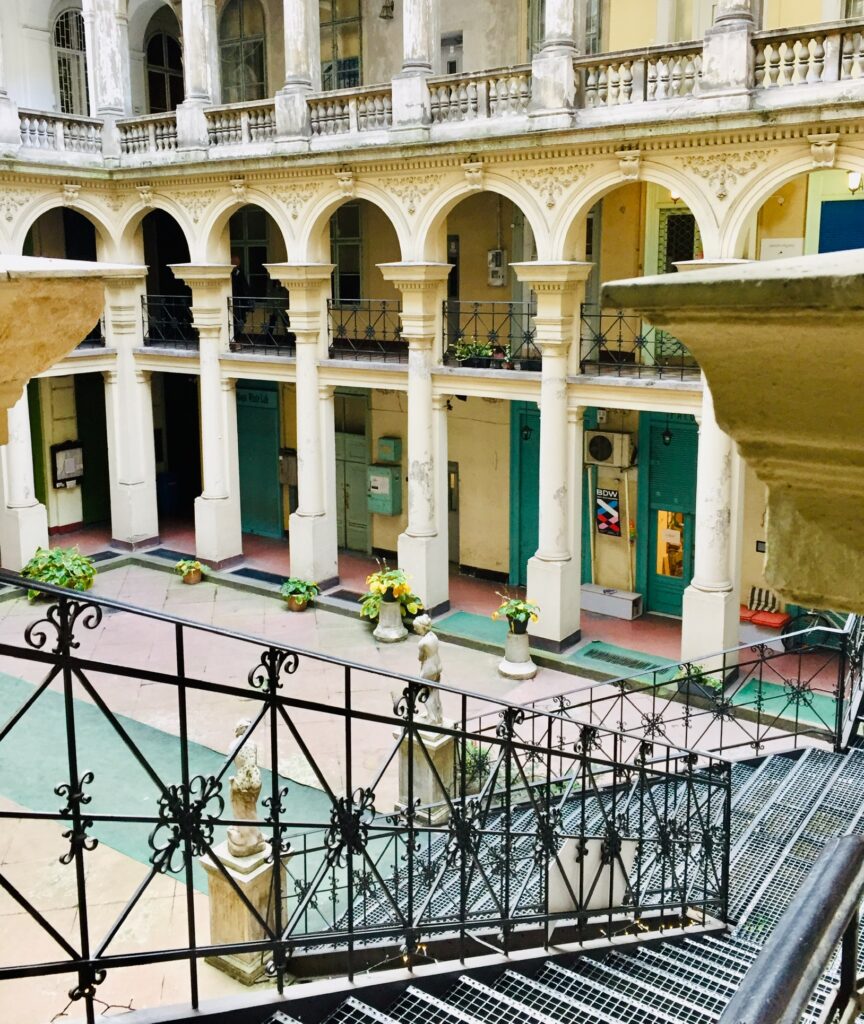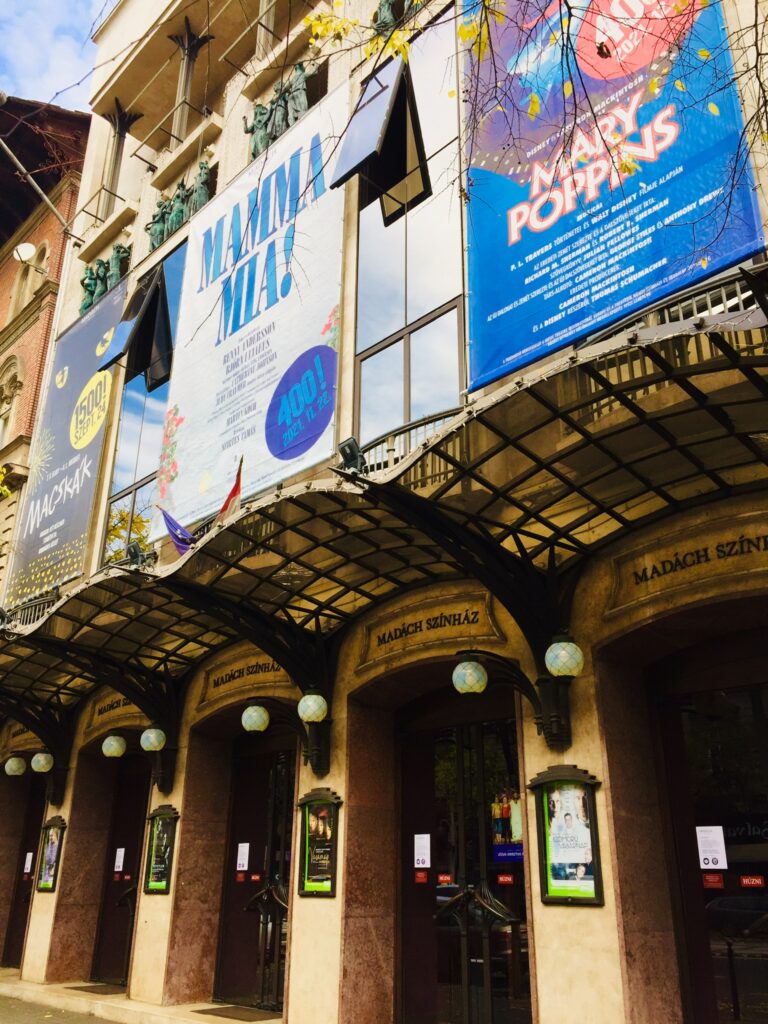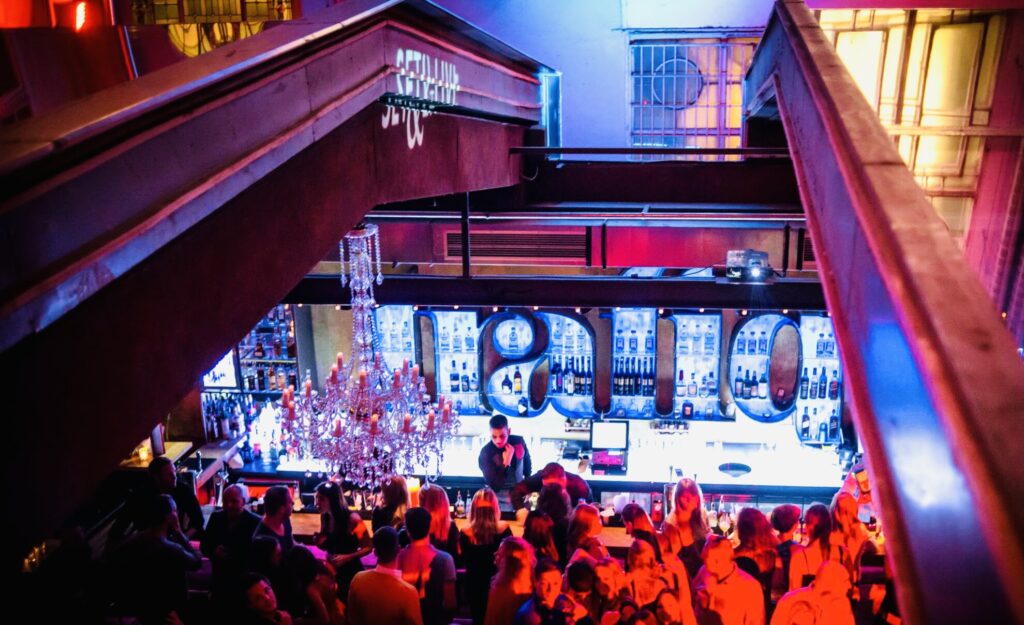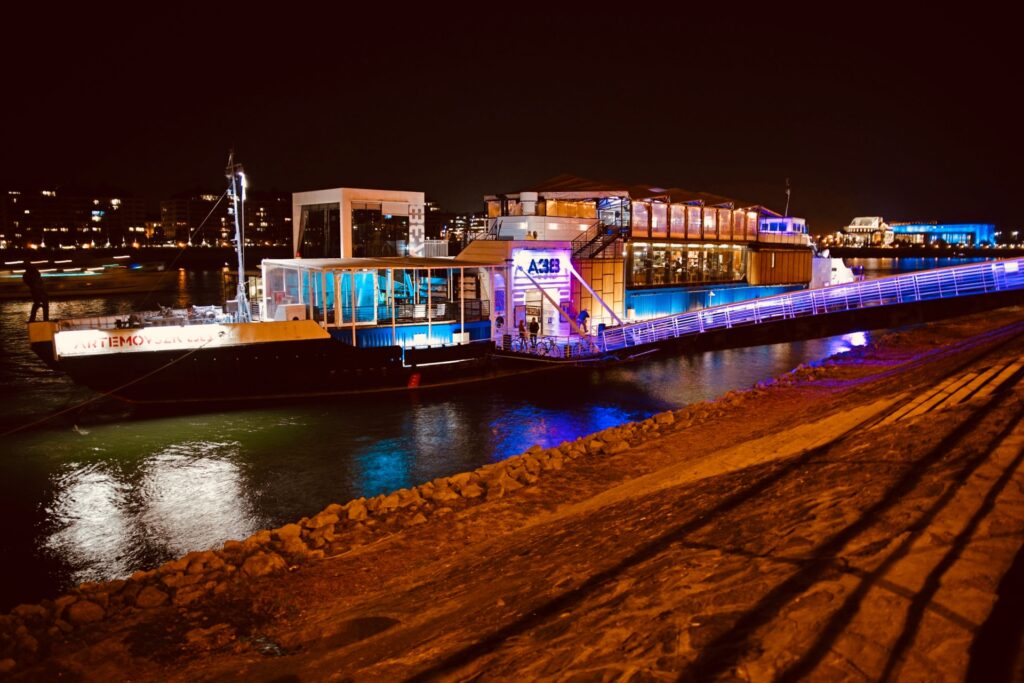On the former cargo ships in the Danube or in one of the popular folk clubs: in Budapest there is live music seven evenings a week. The venues range from the main square in the city center to the remote district of South Buda. When internationally famous bands are in town, they usually perform in the Papp László Budapest Sports Arena or in the open air in Budapest Park in the summer.
A unique venue in Budapest is also incredibly diverse at the same time. On the former Ukrainian cargo ship A38, which has now docked near the Petőfi Bridge: rock, indie, underground and electronica. And when you come out – to get some fresh air – you can admire the wonderful view of the city’s waterfront.
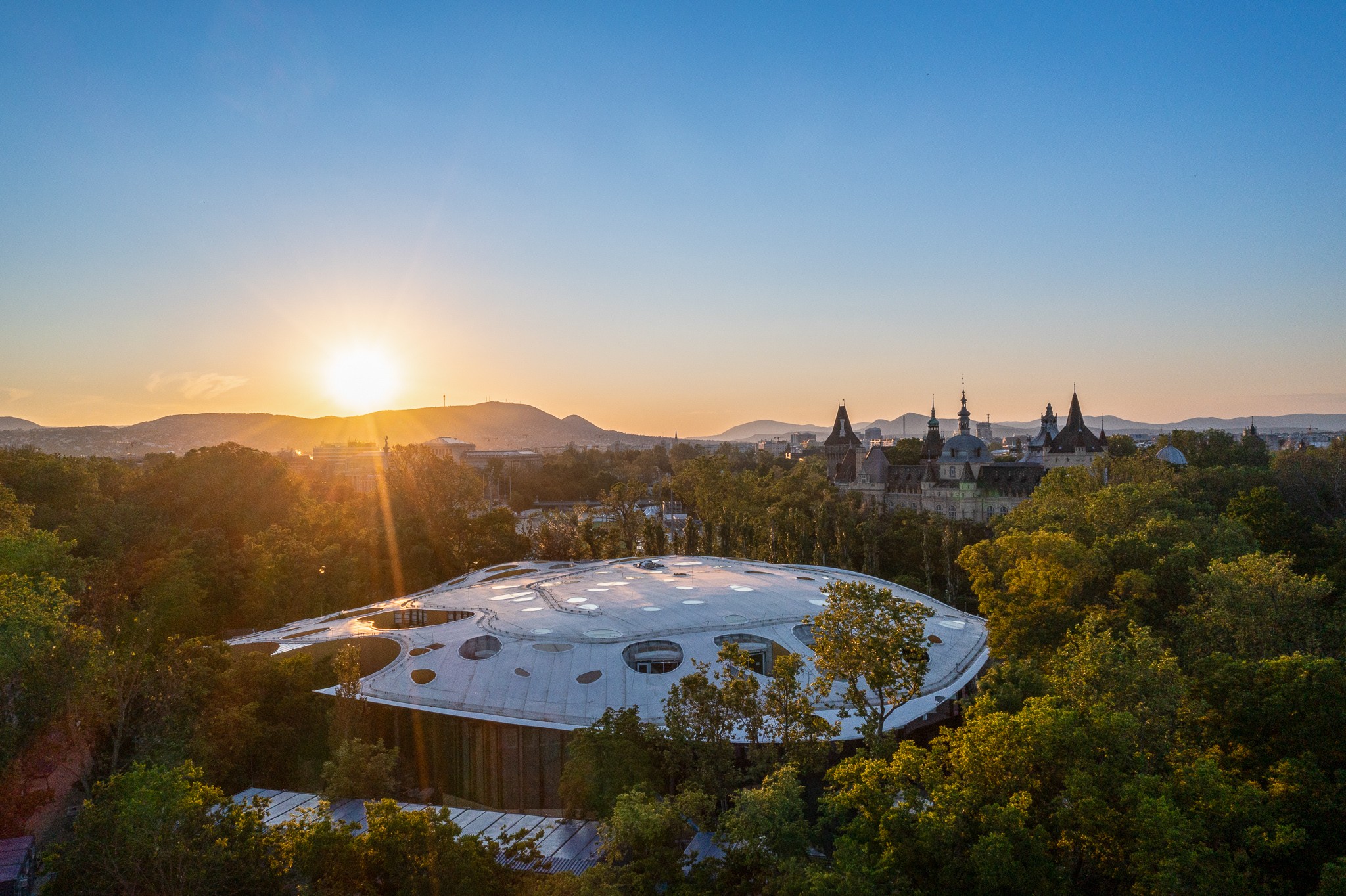 On the other bank – near the Rákóczi Bridge – the best Hungarian stage shows and famous international artists inspire in the open-air area of Budapest Park in summer.
On the other bank – near the Rákóczi Bridge – the best Hungarian stage shows and famous international artists inspire in the open-air area of Budapest Park in summer.
Particularly noteworthy is the Akvárium Club in the middle of Erzsébet Square. The club consists of a main hall that can accommodate 1,300 spectators, a smaller hall for 700 visitors and a cozy place called VOLT Lokál, which is intended for 300 people. Outside, a few hundred people can also gather to socialize on the terrace.
The first address for extremely loud and grungy music is the Dürer Kert. It used to be a boarding school run by nuns at the City Park (Városliget). Now it has blossomed into a venue with three concert halls, a garden and a bar. A love for punk and metal rock is characteristic. Barba Negra in South Buda offers even more metal rock in the form of KISS tribute bands and Swedish glam rock.
Not very far away, the atmosphere at Fonó Budai Zeneház changes completely. The focus is on the performances of folk bands from Hungary and the Carpathian Basin. Here the nights are dedicated to the táncház („House of Dance“), a revived tradition, these are events for participation: the participants are taught the dance steps before the show.
The city has always had an impressive jazz scene. The well-known representatives of the local jazz culture and the steady stream of international artists like to use the outstanding sound system of the Budapest Jazz Club in the up-and-coming district of Újlipótváros. Further down in South Pest is another important venue, the Opus Jazz Club, where greats like Keith Tippett and Django Bates have honored the rare Fazioli grand piano.
The House of Hungarian Music, to be built as part of the Liget Budapest Project, will on one meet an existing need, while on the other establish a genuine living community space that will serve as one of the defining meeting places for Hungarian musical life with its exhibition, concert and education halls, open-air stage, music teaching programmes for children, activities, concerts, displays and plethora of opportunities for enjoyable learning, as well as its unique sound dome.
